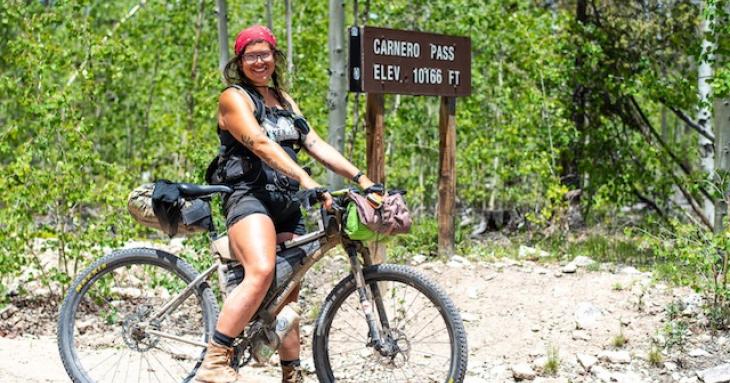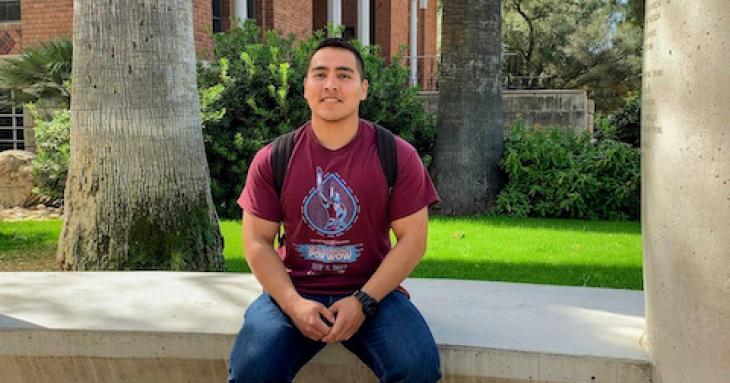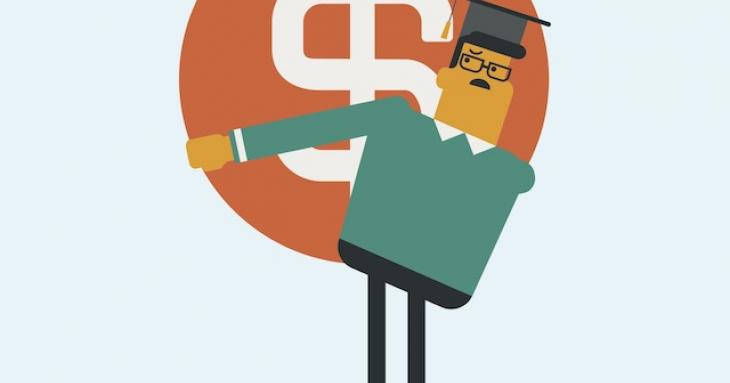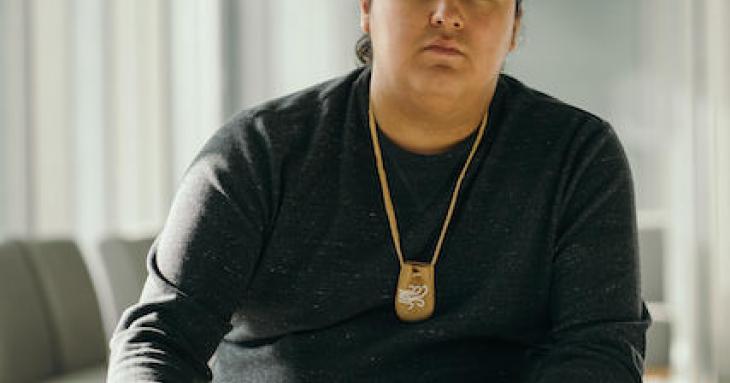-
Celine Boyer-Denis
OJIBWAY FROM MISSISSAUGA FIRST NATION
Queen’s University
MASTER OF SCIENCE IN OCCUPATIONAL THERAPYI grew up in Ontario, Canada, on Mississauga First Nation, a small reserve next to a little town called Blind River. Growing up, I always knew I wanted to go into the health care field, but I wasn’t sure what would be the best fit for me. I did know I wanted to help people, and to hopefully return to my community later on.
-
Alexandera Houchin / Fond Du Lac Band of Lake Superior Ojibwe / University of Minnesota Duluth / Chemistry and American Indian Studies
I distinctly remember growing up without ever seeing a Native dentist, doctor, or athlete. As a result, I never pictured myself growing into one of those roles. But somewhere along the way, I realized that I could do it. Now, in my senior year at the University of Minnesota Duluth (UMD), I’m working on a dual degree in chemistry and American Indian studies — on my way to becoming the person I never saw: a Native American dentist.
-
Manuelito Chief / Navajo / University of Arizona / Electrical Engineering
Growing up on the Navajo Nation, it’s common to know someone without access to electricity. For me, this includes my great-grandmother, who lives in Black Mesa, Arizona. I grew up in Window Rock, the capital of the Navajo Nation. So as a child, I would often wonder why we had electricity and she didn’t. These types of questions led me to experiment with small circuits and electronics. From then on, I’ve had an interest in electronics and learning how things work — and finding their application to real-world problems.
-
Melanie Margarita Kirby / Tortugas Pueblo (Tewa and Apache) / Washington State University / Entomology
It’s a good thing I don’t mind getting stung. Having spent most of my adult life working with bees, getting stung is normal for me. From commercial beekeeping outfits to my own queen honey bee breeding farm, my love of bees runs deep. Now, as I look to complete my master’s degree in entomology at Washington State University (WSU), I’m well on my way to gaining the knowledge and experience I need to better support bees — and the planet.
-
Student Loan Smarts
Learn how to manage what you owe
How did U.S. students rack up a staggering $1.5 trillion in college debt? The answer is shining a blinding light on the need for financial education. One of your jobs while pursuing higher education is to fully understand how student loans work. That means sharpening your financial literacy both to avoid unnecessary debt and to position yourself to comfortably repay your loans once you’re out of school.
-
Michael Gilpin / SANTEE DAKOTA SIOUX AND FOREST COUNTY POTAWATOMI / University of Wisconsin–Madison / INDUSTRIAL ENGINEERING
My dad always told me that education is the key to getting where I wanted to go. My mom was the same way — she told me to study hard. And I listened. We were always a very close, very tight-knit family. I grew up on the Forest County Potawatomi (FCP) Reservation in northern Wisconsin. My dad, who’s Forest County Potawatomi, moved there in 2004 for a job with the FCP. Forest County is a beautiful rural area, with tall green trees and the nearest big town an hour away.
-
Celine Boyer-Denis / Ojibway From Mississauga First Nation / Queen’s University / Master of Science in Occupational Therapy
I grew up in Ontario, Canada, on Mississauga First Nation, a small reserve next to a little town called Blind River. Growing up, I always knew I wanted to go into the health care field, but I wasn’t sure what would be the best fit for me. I did know I wanted to help people, and to hopefully return to my community later on.
-
Getting In
What's new — and what's not — in college admissions
Admissions officers say some things will never change, but applying to college these days does have a few new wrinkles. Like the move many universities in the U.S. are making away from requiring standardized test scores. Or the states that are short-cutting the application process for top-ranked graduating seniors. Or grade inflation at some high schools, which compromises the reliability of a GPA as a predictor of academic success.










